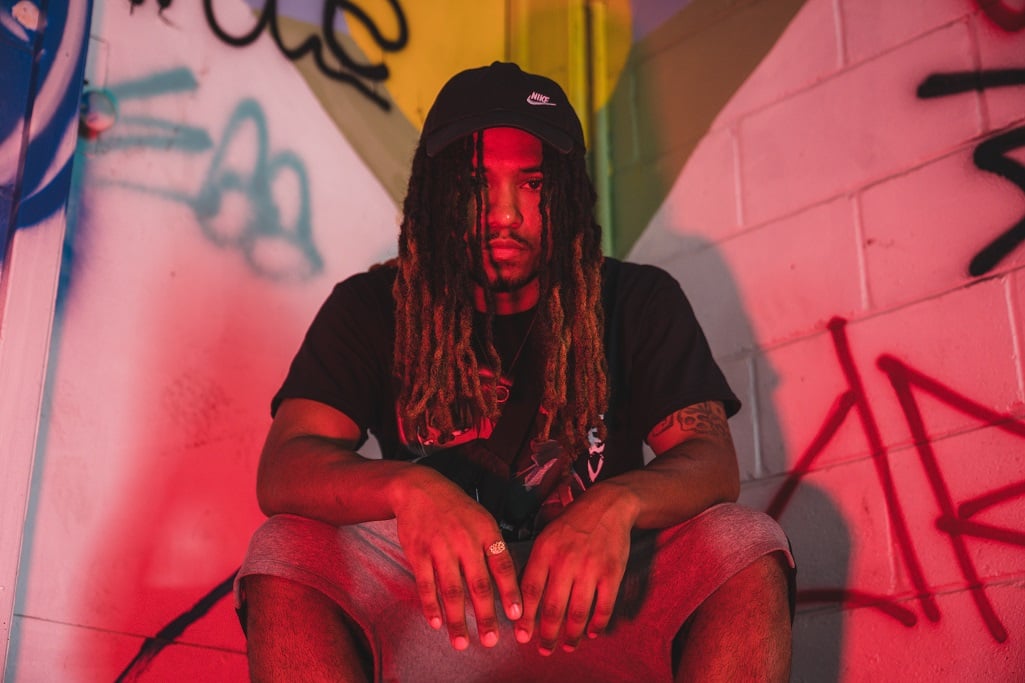Brandon Vedder's documentary about Pedro The Lion frontman David Bazan gives an intimate look into the difficulties of being a solo musician on the road in Trump's America. To paraphrase James Baldwin, David Bazan loves Christianity more than any other religion in...





